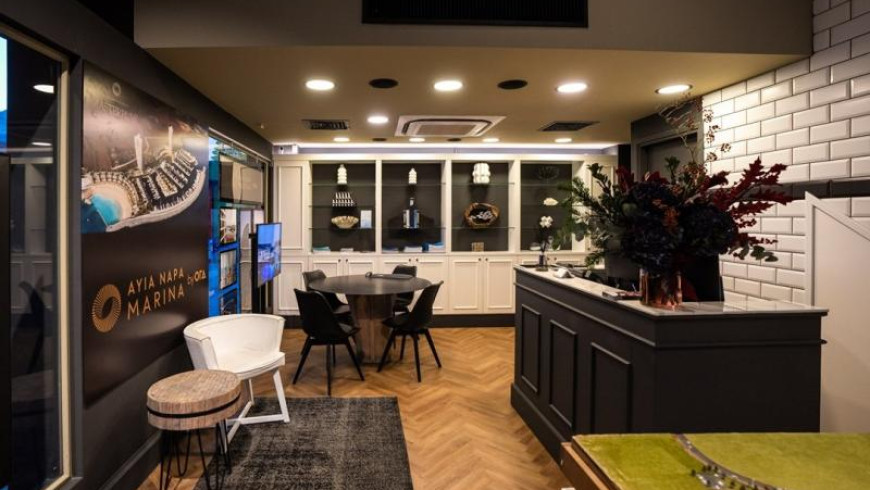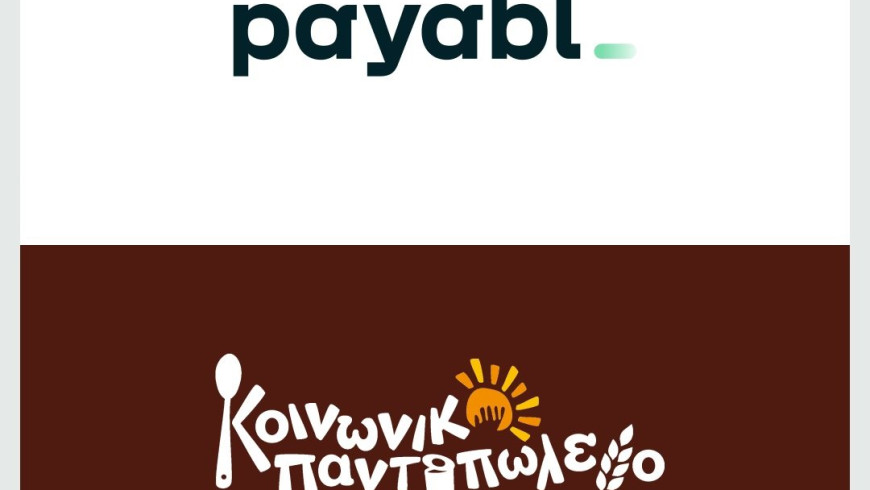
PwC: Many family firms have defied the odds posed by the recession, but most see market conditions as their challenge
27/5/2011 12:25
Many family firms have defied the odds posed by the recession, but most see market conditions as their challenge for the future, says PwC
Many family firms around the world have defied the odds posed by the economic gloom to post impressive growth over the last 12 months. But looking to the future, most are seriously worried about market conditions as a threat to their business.
These are just some of the findings published in a report called Kin in the game: Country comparisons – the result of a deeper dig into the PwC Family Business Survey – analysing interviews with more than 1,600 family business executives in 35 countries.
A detailed study of the figures reveals some intriguing differences. More than 70% of family firms in Brazil saw demand for their products and services rise in 2010. And family firms in Sweden, Canada, Denmark and Finland also bucked the trend. Elsewhere the picture was less rosy, with Irish, Italian and Japanese* companies reporting a slump in their operating profits.
As for the future, Brazilian and Swedish entrepreneurs are especially optimistic. And 70% of US and 79% of German entrepreneurs are planning to expand – perhaps prompted by strong cash reserves enabling them to readily seize any opportunities that come their way. But British, Spanish and Japanese entrepreneurs are far more pessimistic; over a quarter of British and over two-fifths of Spanish entrepreneurs think their core markets will get much worse – and a third of Japanese family businesses are simply struggling to stay solvent.
External challenges pose biggest threat
So what are the key factors that could derail future growth? Entrepreneurs in Brazil, Japan, South Africa and North America are particularly anxious about the shortage of skilled labour. Their Danish and Irish counterparts are concerned about cash flows. French entrepreneurs worry about margins, and in Sweden the issue is capacity.
But all agree that the external challenges pose the biggest threat. More than four-fifths of US entrepreneurs worry about the state of the market, as do three-quarters of their Brazilian and Canadian counterparts. But only half of French entrepreneurs worry about market conditions – they are almost equally pre-occupied with government policy and competition.
Swedish, Danish, Swiss, British and South African family businesses are also seriously concerned about exchange rates, while Canadian entrepreneurs worry about the tax regime.
Many family firms around the world have defied the odds posed by the economic gloom to post impressive growth over the last 12 months. But looking to the future, most are seriously worried about market conditions as a threat to their business.
These are just some of the findings published in a report called Kin in the game: Country comparisons – the result of a deeper dig into the PwC Family Business Survey – analysing interviews with more than 1,600 family business executives in 35 countries.
A detailed study of the figures reveals some intriguing differences. More than 70% of family firms in Brazil saw demand for their products and services rise in 2010. And family firms in Sweden, Canada, Denmark and Finland also bucked the trend. Elsewhere the picture was less rosy, with Irish, Italian and Japanese* companies reporting a slump in their operating profits.
As for the future, Brazilian and Swedish entrepreneurs are especially optimistic. And 70% of US and 79% of German entrepreneurs are planning to expand – perhaps prompted by strong cash reserves enabling them to readily seize any opportunities that come their way. But British, Spanish and Japanese entrepreneurs are far more pessimistic; over a quarter of British and over two-fifths of Spanish entrepreneurs think their core markets will get much worse – and a third of Japanese family businesses are simply struggling to stay solvent.
External challenges pose biggest threat
So what are the key factors that could derail future growth? Entrepreneurs in Brazil, Japan, South Africa and North America are particularly anxious about the shortage of skilled labour. Their Danish and Irish counterparts are concerned about cash flows. French entrepreneurs worry about margins, and in Sweden the issue is capacity.
But all agree that the external challenges pose the biggest threat. More than four-fifths of US entrepreneurs worry about the state of the market, as do three-quarters of their Brazilian and Canadian counterparts. But only half of French entrepreneurs worry about market conditions – they are almost equally pre-occupied with government policy and competition.
Swedish, Danish, Swiss, British and South African family businesses are also seriously concerned about exchange rates, while Canadian entrepreneurs worry about the tax regime.














 3287.99
3287.99 1275.09
1275.09
